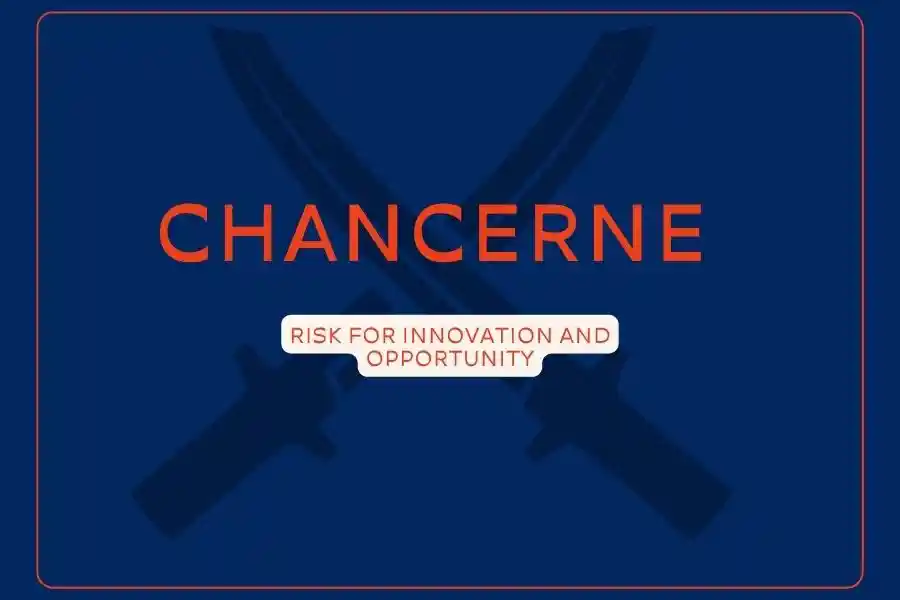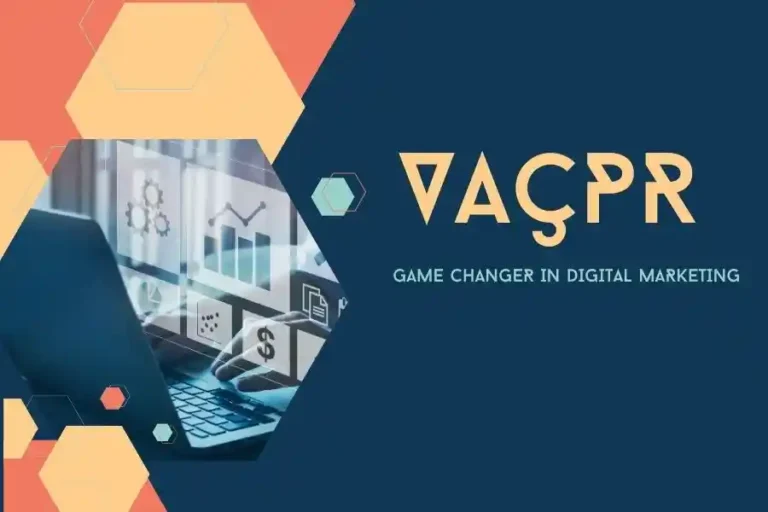The Mysteries of Chancerne: Embracing Risk for Innovation and Opportunity
Welcome to the captivating realm of Chancerne, where risk and opportunity intertwine to shape our understanding of uncertainty. In this article, we embark on an exploration of Chancerne, delving into its historical roots, theoretical framework, practical applications, and broader implications for society. Join us on a journey to uncover the secrets of Chancerne and discover how it can transform risk into opportunity in your personal and professional life.
Historical and Cultural Background of Chancerne
Origins and Development
Chancerne traces its origins back to ancient civilizations, where strategies for managing uncertainty were essential for survival and progress.
Cultural Interpretations and Significance
Across different cultures, Chancerne has been interpreted in various ways, reflecting diverse philosophical and spiritual beliefs about fate and opportunity.
Historical Significance
Throughout history, Chancerne has played a pivotal role in major events and epochs, guiding explorers, entrepreneurs, and innovators in their pursuits.
Evolution and Integration into Modern Society
In the modern era, Chancerne has become increasingly relevant, thanks to advancements in technology and globalization, influencing decision-making in diverse sectors.
Theoretical Framework and Methodology
Core Principles of Chancerne
At its core, Chancerne encourages a proactive approach to risk, viewing it not just as a threat but as a potential source of innovation and growth.
Breakthroughs in Risk Assessment
Chancerne introduces innovative methods for assessing risk, emphasizing the evaluation of potential opportunities alongside potential threats.
Key Components of Chancerne Methodology
The Chancerne methodology encompasses risk identification, analysis, opportunity assessment, decision-making, implementation, and continuous feedback, providing a comprehensive framework for managing uncertainty.
Chancerne in Practice: Real-World Applications and Case Studies
Diverse Industry Applications
Chancerne finds applications across various industries, including finance, healthcare, technology, manufacturing, and environmental management, demonstrating its versatility and effectiveness.
Case Studies: Success Stories of Chancerne
Real-world examples showcase how organizations have leveraged Chancerne to achieve remarkable outcomes, from strategic expansions to breakthrough innovations.
Implementation Insights
Practical insights highlight the importance of comprehensive risk evaluation, strategic agility, and fostering an innovation mindset in implementing Chancerne effectively.
Impact and Implications: Broader Effects of Chancerne on Society and Beyond
Societal Transformation
Chancerne fosters a cultural shift towards embracing risk as a catalyst for progress, promoting entrepreneurship, innovation, and resilience in society.
Technological Advancements
In the realm of technology, Chancerne drives innovation by encouraging companies to take calculated risks in pursuit of breakthroughs.
Impact on Popular Culture
Chancerne’s influence extends into popular culture, inspiring narratives that celebrate risk-taking and the pursuit of opportunity.
Personal and Professional Development
On an individual level, Chancerne empowers individuals to seize opportunities for growth and advancement, fostering a proactive approach to personal and professional development.
Business Strategy and Competitive Advantage
For businesses, integrating Chancerne into strategic planning provides a competitive edge by enabling them to navigate uncertainties and capitalize on emerging opportunities.
Challenges and Ethical Considerations
While Chancerne offers numerous benefits, it also raises ethical considerations, such as ensuring responsible risk-taking and equitable distribution of opportunities.
Advancements and Future Directions: Charting the Course of Chancerne
Technological Integration and Advancements
The future of Chancerne lies in the integration of cutting-edge technologies, such as AI and big data analytics, to enhance risk assessment and decision-making processes.
Expansion into New Industries and Domains
Chancerne’s applicability is expected to expand into new industries and domains, driving innovation and progress across diverse sectors.
Addressing Global and Societal Challenges
Chancerne offers a framework for addressing complex global challenges, such as climate change and socio-economic disparities, with a balanced perspective on risk and opportunity.
Ethical and Equitable Approaches to Risk
As Chancerne evolves, ensuring ethical and equitable approaches to risk-taking will be paramount, promoting responsible decision-making and social responsibility.
Collaborative and Cross-disciplinary Initiatives
Collaboration across disciplines and sectors will amplify Chancerne’s impact, fostering innovation, knowledge-sharing, and holistic solutions to complex challenges.
Education and Skill Development
Educating future generations about Chancerne and cultivating the necessary skills for navigating risks and opportunities will be essential for building a resilient and dynamic society.
Conclusion
The exploration of Chancerne has revealed its transformative potential in navigating uncertainties and seizing opportunities for growth and innovation. Chancerne’s influence extends beyond professional realms, shaping societal norms and inspiring individuals to embrace risk as a pathway to progress.
While Chancerne faces challenges and ethical dilemmas, its continuous evolution promises to unlock greater potentials for positive change and societal impact. Individuals, organizations, and leaders are urged to embrace the principles of Chancerne, fostering a culture of responsible risk-taking and innovation for a brighter future. You can also know about Boltból by going through that link.
FAQs about Chancerne
What is Chancerne?
Chancerne is a conceptual framework that integrates principles of risk management with the recognition of opportunities within uncertainties.
How does Chancerne differ from traditional risk management?
Unlike traditional risk management, which focuses solely on mitigating risks, Chancerne emphasizes identifying and capitalizing on opportunities that arise from uncertainty.
Can Chancerne be applied in any industry?
Yes, Chancerne’s principles are versatile and adaptable, making it relevant across various sectors, including finance, healthcare, technology, and environmental management.
What are the key components of the Chancerne methodology?
The key components of the Chancerne methodology include risk identification, analysis, opportunity assessment, decision-making, implementation, and continuous feedback.
How can individuals or organizations begin to implement Chancerne?
To implement Chancerne effectively, individuals and organizations should start by cultivating an innovation mindset, fostering a culture of strategic agility, and embracing proactive approaches to risk.







One Comment